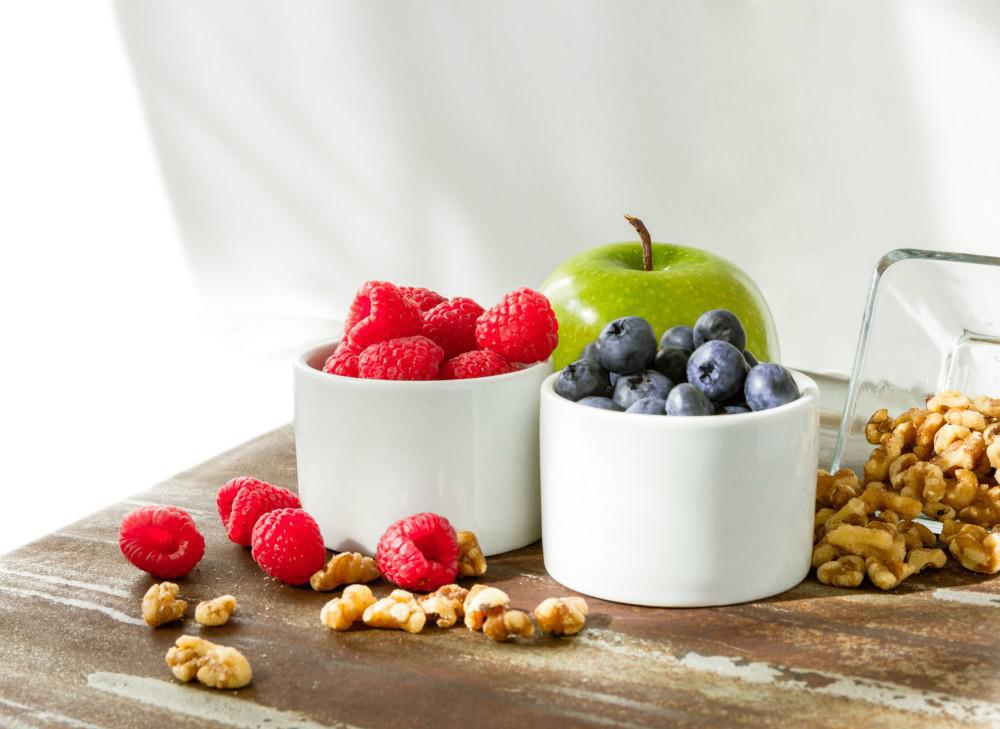If you’ve ever wondered about the impact of food choices on cancer treatment outcomes, you’re not alone. Certain foods can either support or hinder your body’s ability to fight cancer. By making mindful decisions about what you eat, you can potentially improve your overall well-being and treatment efficacy.
So, let’s delve deeper into the types of foods that may be best avoided during cancer treatment to optimize your health journey.
Sugary and Processed Foods
When you’re battling cancer, it’s crucial to steer clear of sugary and processed foods due to their detrimental effects on your health. These foods can promote inflammation in your body, weakening your immune system’s ability to fight off cancer cells. Sugary treats like candies, cakes, and sodas provide a breeding ground for cancer cells to grow and multiply rapidly. Processed foods, such as fast food burgers, chips, and microwave meals, are often loaded with unhealthy fats, preservatives, and additives that can fuel cancer progression.
Consuming sugary and processed foods can also lead to weight gain, which is linked to a higher risk of cancer recurrence and a poorer prognosis. The excess sugar in these foods can spike your blood sugar levels, creating an environment that cancer cells thrive in. By avoiding sugary treats and processed meals, you’re taking a proactive step in managing your health and aiding your body’s fight against cancer.
High-Fat Dairy Products
Consuming high-fat dairy products during your battle with cancer may impact your health and treatment outcomes significantly. Dairy products like whole milk, cheese, and butter are high in saturated fats, which have been linked to inflammation and may potentially promote cancer growth. Additionally, high-fat dairy products can contribute to weight gain, which is a risk factor for many types of cancer and can hinder your body’s ability to fight the disease effectively.
When undergoing cancer treatment, it’s crucial to prioritize foods that support your overall health and well-being. Opting for low-fat or fat-free dairy alternatives such as skim milk, yogurt, or low-fat cheese can provide essential nutrients like calcium and protein without the negative impact of excessive saturated fats. These alternatives can help maintain your strength and energy levels throughout treatment while reducing the potential risks associated with high-fat dairy consumption.
Red and Processed Meats
Opting for alternatives to red and processed meats can be beneficial for cancer patients due to their potential impact on health and treatment outcomes. Red meats like beef, lamb, and pork, as well as processed meats like bacon, sausage, and deli meats, have been associated with an increased risk of certain types of cancer. These meats contain compounds that may promote inflammation and oxidative stress in the body, potentially hindering cancer treatment effectiveness. Additionally, the high levels of saturated fats in red and processed meats can contribute to weight gain, another factor that may negatively affect cancer patients.
Instead of red and processed meats, consider incorporating lean protein sources such as chicken, fish, tofu, beans, and lentils into your diet. These alternatives provide essential nutrients without the harmful effects linked to red and processed meats. By making these dietary swaps, you can support your overall health and potentially improve your response to cancer treatment. Remember, small changes in your diet can make a significant difference in your journey towards recovery.
Alcohol and Caffeine
To support your health and well-being during cancer treatment, it’s important to be mindful of your intake of alcohol and caffeine. Alcohol can interfere with the effectiveness of certain cancer treatments and may also increase the risk of developing new cancers. It’s advisable to limit or avoid alcohol altogether during this time.
Caffeine, found in coffee, tea, and some sodas, can sometimes worsen side effects such as insomnia, anxiety, and digestive issues that cancer patients may already be experiencing.
Alcohol is processed by the liver, the same organ responsible for metabolizing many cancer medications. Consuming alcohol while undergoing cancer treatment can strain the liver and potentially impact how medications are broken down and utilized by the body.
Caffeine, on the other hand, is a stimulant that can disrupt sleep patterns and exacerbate feelings of restlessness and anxiety, common side effects during cancer treatment.
Being mindful of your alcohol and caffeine intake can help you manage treatment side effects more effectively and support your overall well-being during this challenging time. Consider speaking with your healthcare team for personalized recommendations based on your specific treatment plan and health needs.
Foods High in Sodium
High sodium intake can pose challenges for cancer patients undergoing treatment, potentially impacting their health and well-being. While sodium is an essential mineral that helps regulate fluid balance in the body, consuming high amounts can lead to water retention and increased blood pressure. For cancer patients, especially those undergoing chemotherapy, excess sodium can worsen side effects like nausea, bloating, and high blood pressure.
Foods high in sodium that cancer patients should avoid or consume in moderation include processed foods like deli meats, canned soups, and fast food. These items are often loaded with sodium as a preservative and flavor enhancer. Instead, opt for fresh fruits and vegetables, lean proteins, and whole grains to help maintain a balanced sodium intake.
Monitoring sodium levels is crucial for cancer patients to support their overall health during treatment. Reading nutrition labels, cooking at home with fresh ingredients, and limiting the use of table salt can all help in reducing sodium intake and promoting better well-being throughout the cancer journey.
